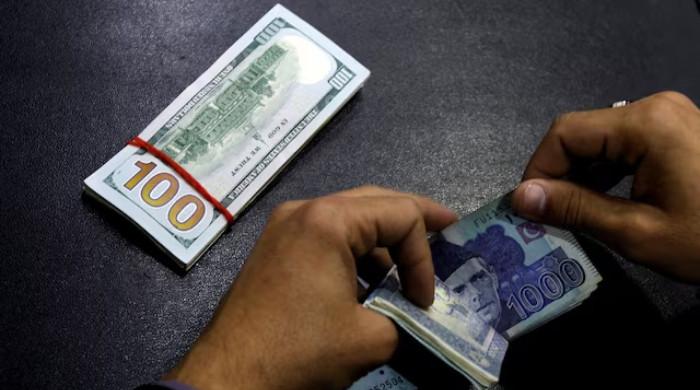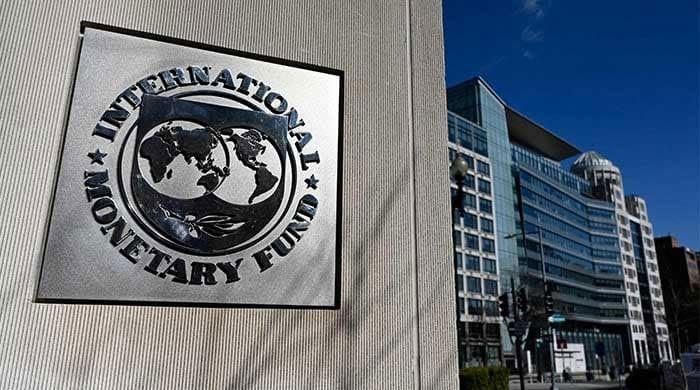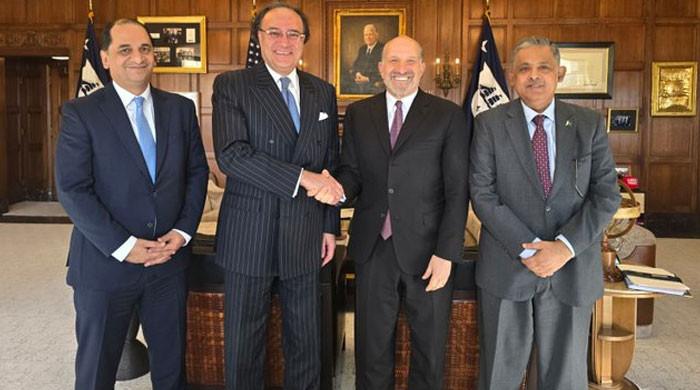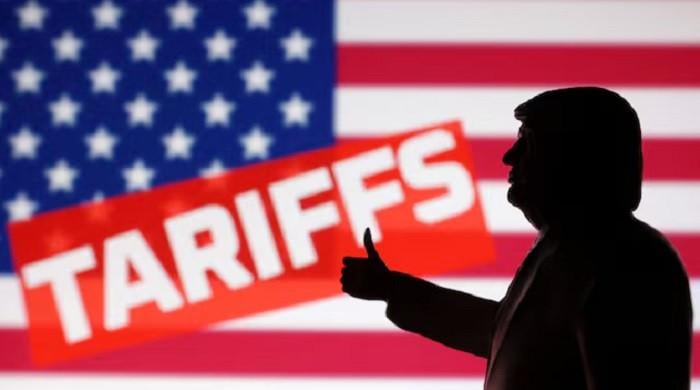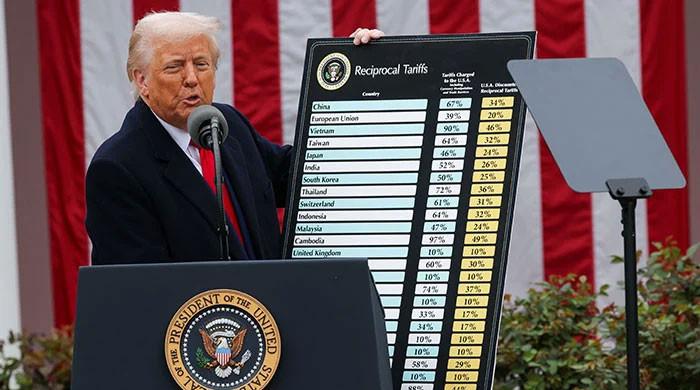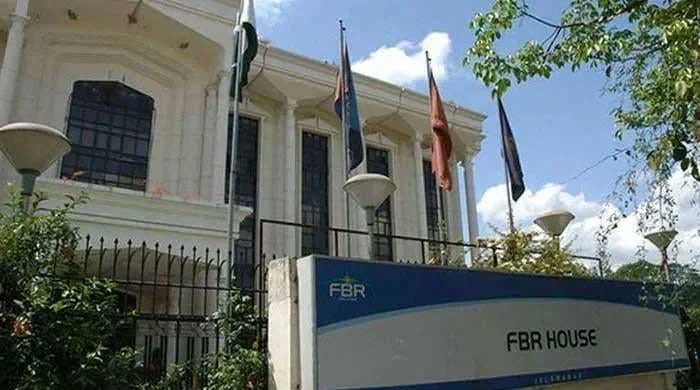Pakistan sees record tobacco tax revenue, major drop in cigarette production: WHO
Remarkable increase followed aggressive tax policy changes, marking major victory in efforts to curb tobacco use
June 24, 2025
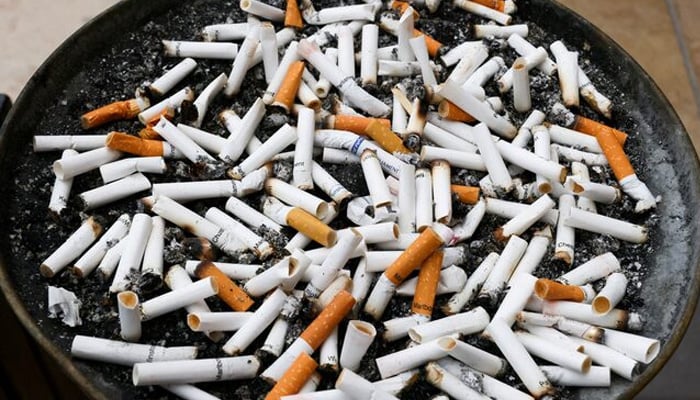
- Pakistan implements strong tax reforms and boosts revenue.
- Country fails to adopt full MPOWER tobacco control strategies
- No regulation for e-cigarettes, weak health warnings, campaigns.
ISLAMABAD: Pakistan achieved an unprecedented milestone in 2024 by generating approximately Rs298 billion (about $1.1 billion) in tobacco tax revenue, according to the World Health Organisation's Global Tobacco Epidemic Report 2025.
This remarkable increase followed aggressive tax policy changes that also led to a more than 28% drop in cigarette production, marking a significant victory in the nation's ongoing efforts to curb tobacco use, The News reported.
However, despite this significant progress on taxation, the report warns that Pakistan still lags dangerously behind in implementing the full spectrum of tobacco control policies.
The WHO hailed the country’s recent tax hikes — executed between 2022 and 2023 — as a model of evidence-based policymaking. These reforms included tripling cigarette taxes, doubling the minimum price of cigarettes from PKR 63 to PKR 127, and increasing the share of tax in retail prices.
This resulted in a substantial decline in legal cigarette production and a marked increase in government revenue, driven in part by technical collaboration between the Federal Board of Revenue and WHO.
Yet, the report paints a more sobering picture of Pakistan’s overall tobacco control efforts. While over 6.1 billion people globally — more than 75% of the world population — are now protected by at least one of WHO’s MPOWER measures at best-practice level, Pakistan remains among the 40 countries that have not implemented a single one at that level.
The MPOWER package includes six strategies: Monitoring tobacco use, Protecting people from tobacco smoke, Offering help to quit, Warning about the dangers of tobacco, Enforcing advertising bans, and Raising taxes.
In Pakistan’s case, only the “Raise” component has seen effective implementation, thanks to a major policy turnaround that reversed years of fiscal missteps.
According to WHO, earlier tax reforms had failed to curb smoking or increase revenue. A 2017 move to introduce a third tax tier — effectively lowering taxes on cheaper cigarettes — backfired spectacularly, costing the government an estimated PKR 42.4 billion (US$ 353 million) in 2018 alone.
However, renewed political will and technical guidance helped Pakistan abandon this regressive policy. The Minister of Finance even credited WHO in his 2023 budget speech for supporting the government in resisting tobacco industry pressure.
Still, the country’s performance on other vital measures remains inadequate. While 110 countries — covering 62% of the global population — now require graphic health warnings on tobacco packaging, Pakistan does not meet the minimum standards for size, placement, or imagery.
Likewise, anti-tobacco mass media campaigns — considered crucial in preventing youth uptake and supporting cessation — have not been implemented at best-practice level in Pakistan.
South Asian neighbours such as India, Bangladesh, and Sri Lanka have outpaced Pakistan on these fronts. India, for instance, mandates graphic warnings covering 85% of cigarette packs and has banned most tobacco advertising. Sri Lanka has introduced plain packaging laws, while Bangladesh has intensified enforcement and public education campaigns.
Emerging tobacco threats such as e-cigarettes and nicotine pouches also remain unregulated in Pakistan, despite WHO warnings about their aggressive marketing to youth.
Globally, 133 countries now regulate electronic nicotine delivery systems (ENDS), with 42 imposing outright bans. Pakistan, by contrast, still lacks a clear legal framework.
Globally, only four countries — Brazil, Turkey, Mauritius, and the Netherlands — have fully implemented all five MPOWER strategies at best-practice levels. Since the package’s launch in 2007, an estimated 300 million fewer people are smoking today compared to projected trends.
Dr Tedros Adhanom Ghebreyesus, WHO Director-General, emphasised the importance of comprehensive action. “Raising tobacco taxes works — it saves lives and raises revenue. But countries must also act on all other fronts, from health warnings to smoke-free laws and education campaigns.”
The WHO’s 2025 report makes it clear that while Pakistan’s recent tax reforms offer a template for progress, the fight is far from over. Without strong legislation on packaging, advertising, public education, and cessation support, the country remains vulnerable to the tobacco industry’s evolving tactics — and so does the health of its people.





